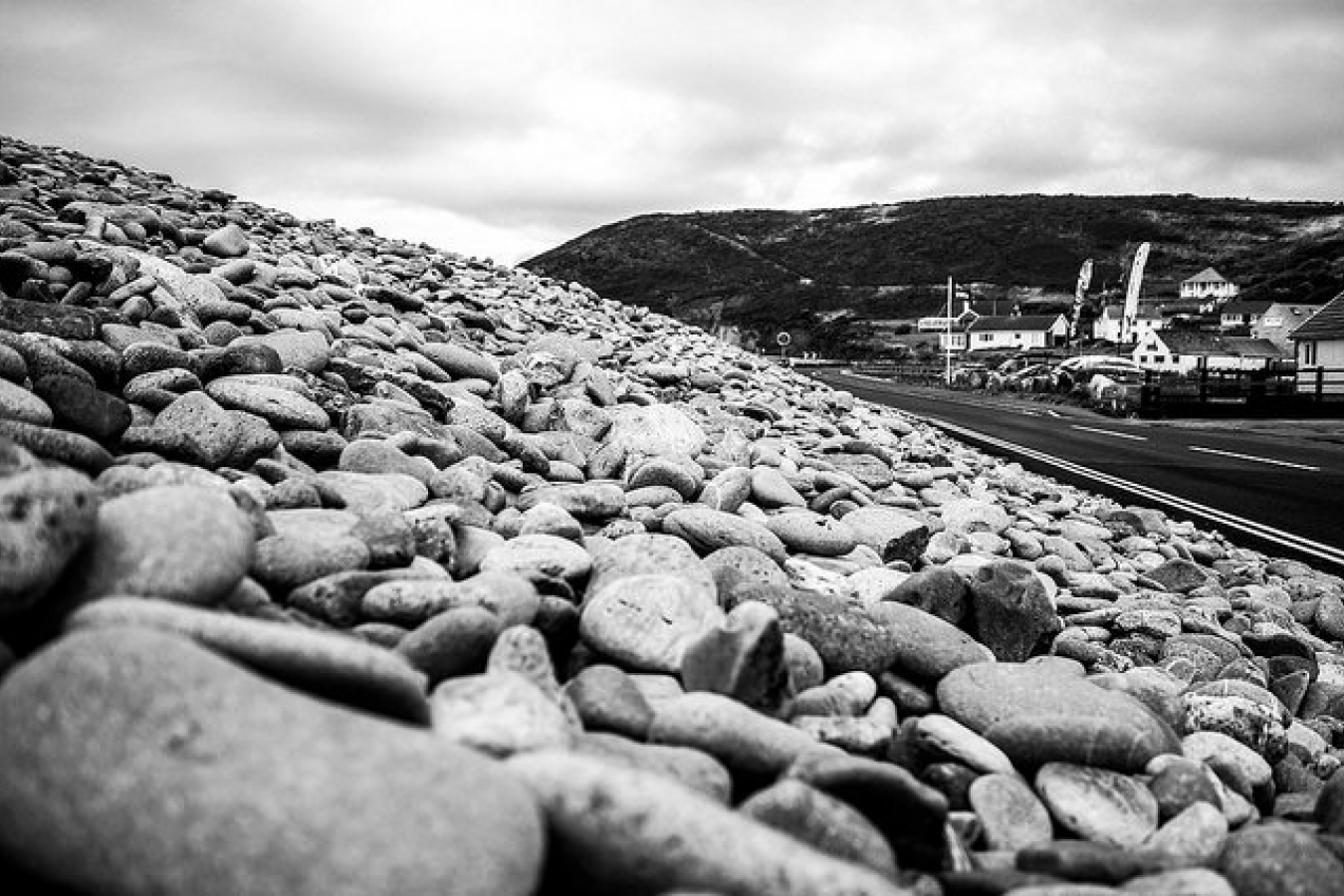Support migrant centric journalism today and donate

The online edition of The Independent reports that black people are breaking through the UK's class barrier and entering the middle classes at a faster rate than their white counterparts, according to a new study.
Children of Caribbean immigrants who arrived in Britain in the 1960s, along with black Africans, Indians and Chinese are more likely to be have entered the middle class by getting jobs as professionals or managers than working-class whites born in the UK, the study commissioned by the Joseph Rowntree Foundation found.
But while children from black and Indian families, as well as white migrants, are riding up the social ladder, the predominantly Muslim children of Pakistani and Bangladeshi parents are bucking the trend, according to the study's author, Lucinda Platt, a lecturer from Essex University. Two-thirds maintain the same working class as their parents.
"The overall picture for the majority of ethnic minority groups is a positive one," she said. "Children of Afro-Caribbean parents are doing very well, as are children of working-class Indians, who are leading all other groups in moving into professional jobs.
"But for the children of Pakistani and Bangladeshi parents it is quite a different matter. They can be subject to extreme deprivation, are often living in some of the poorest parts of the country, and are in danger of being left behind."
The success of the majority of ethnic minorities in breaking through the class barrier can largely be attributed to education, Dr Platt said, which is often a strong focus for immigrant families. But even when differences in educational opportunities and attainment are taken into account, young Pakistanis are still lagging far behind their counterparts, she said.
Some of the seeds of recent ethnic and religious tensions can be found in the economic disparities between the different ethnic groups, according to Dr Platt. Last month's riots in Birmingham may have been influenced by economic disparities between the conflicting groups.
"There are issues of isolation. It is easy for the Government to say that we have got to worry about engaging the community now that September 11 has happened. But that is looking for rationale after the event."
Dr Platt warns that "there is no room for complacency", as the group overall are still more vulnerable to unemployment and poverty than whites.
"There is good news to the extent that a disproportionate number of the young people who are upwardly mobile are the children of parents who came to this country as migrants.
"But their welcome progress is no cause for complacency, especially when it appears to be so much harder for young people from Pakistani or Bangladeshi families to get ahead."
The report also analysed the impact of religious belief on mobility, with Dr Platt finding Jews and Hindus had more of chance to enter the middle classes than Christians, while Muslims and Sikhs had a lower chance of moving up the social ladder.





















